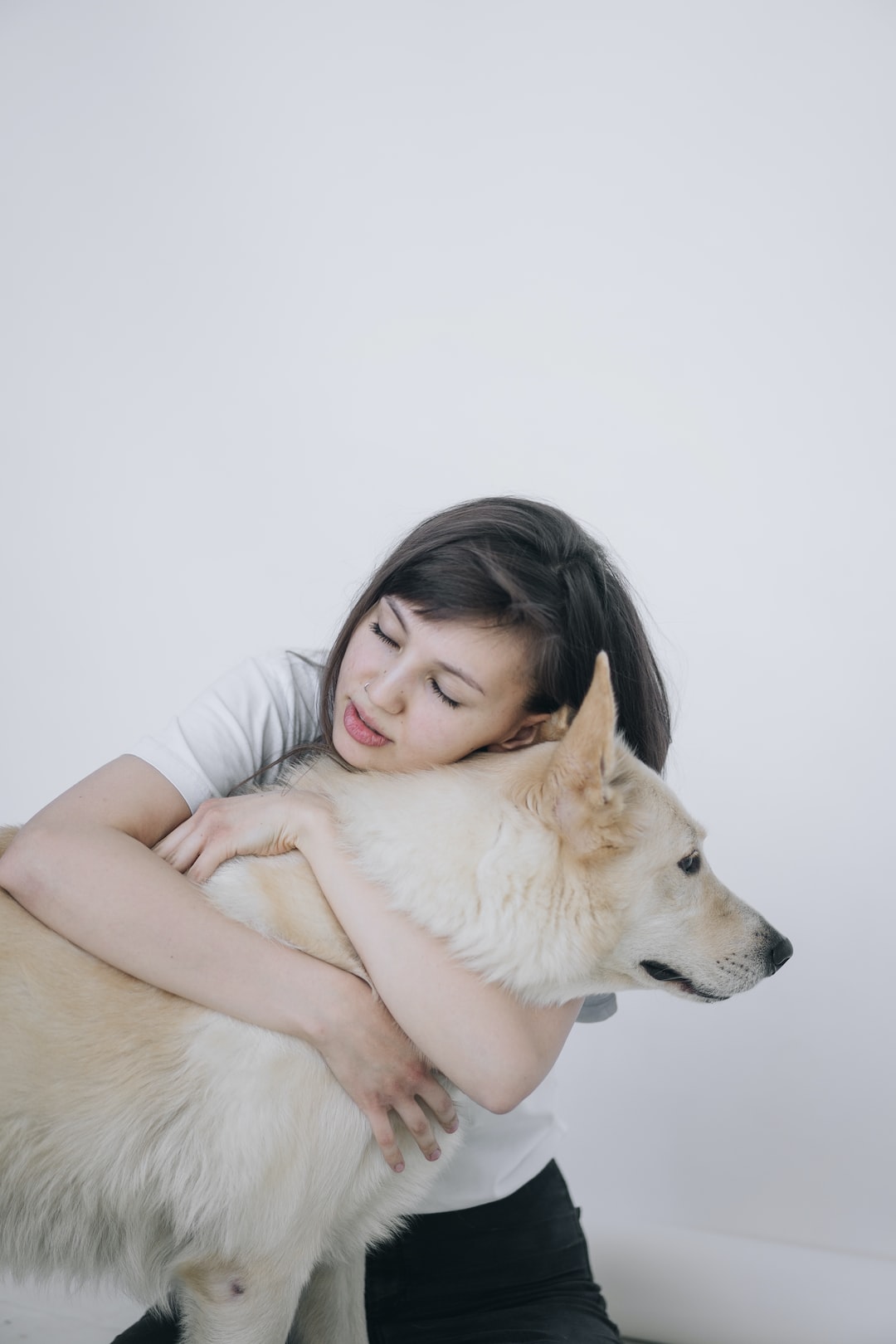As a responsible pet owner, it is important to ensure that your furry pal is getting enough rest. Just like humans, pets need to have a good night’s sleep to stay healthy and happy. However, the amount of sleep they need may vary depending on their breed, age, size and even their individual personality traits. In this article, we will discuss how much rest your pet actually needs, and how you can establish a healthy sleeping routine for them.
Dogs, for instance, need around 14 to 16 hours of sleep per day, a bit more so in some cases. However, just like humans, dogs may have their own preferred sleeping schedules. Some dogs may like to take short naps throughout the day while most prefer to sleep during the night, with a couple of naps sprinkled throughout the day. Puppies and senior dogs, in particular, require more sleep than their adult counterparts. Puppies need around 18 to 20 hours of sleep per day, while senior dogs must have about 16 to 18 hours of rest.
Cats, on the other hand, need around 12 to 16 hours of sleep per day, but some cats may sleep up to 20 hours, depending on their age and temperament. Cats are known to be nocturnal creatures, so they may sleep more during the day and be more active at night. As they get older, cats may sleep even more than before.
Rodents, such as guinea pigs, hamsters, and rats, have different sleeping patterns compared to dogs and cats. These animals usually sleep in short bursts throughout the day and night, and they do not have a typical sleeping schedule like other pets. Most house rodents sleep for around 12 to 18 hours per day, but they may vary depending on their activities.
The best way to ensure that your pet is getting enough rest is to establish a healthy sleeping routine. Your pet’s sleeping area should be quiet, cool, and dark, which will help them relax and get into a deep sleep. Pets should also have a comfortable bed, which will support their body’s natural sleeping posture. Encourage your pets to sleep in their designated sleeping area, and make sure it is free from distractions.
In addition, it is important to know when your pet needs rest. For example, if you have been playing with your dog for an extended period of time, and they seem tired, allow them to rest, and do not disturb them. Interrupting their rest may disrupt their sleeping routine and lead to other health problems. Similarly, if your cat is sleepy and resting, do not try and wake them up, as they need their rest time to be healthy and happy.
In conclusion, understanding your pet’s sleeping needs is crucial for their overall health and well-being. As a responsible pet owner, it is your job to ensure that your pets are getting enough rest, and to establish a healthy sleeping routine for them. Know their individual sleeping requirements, and provide them with a safe and comfortable place to sleep. With proper rest and care, your pets will live long and happy lives.


